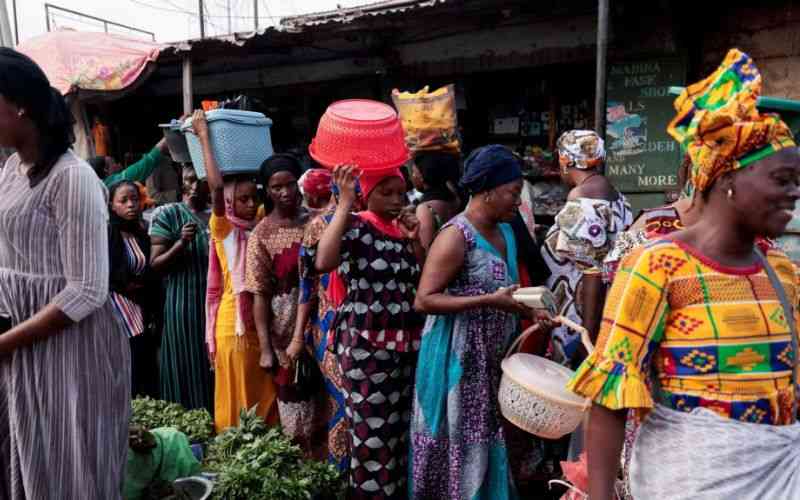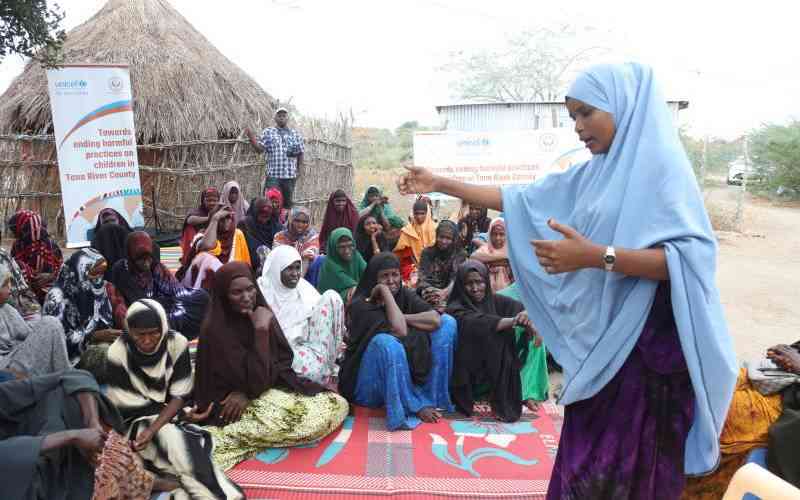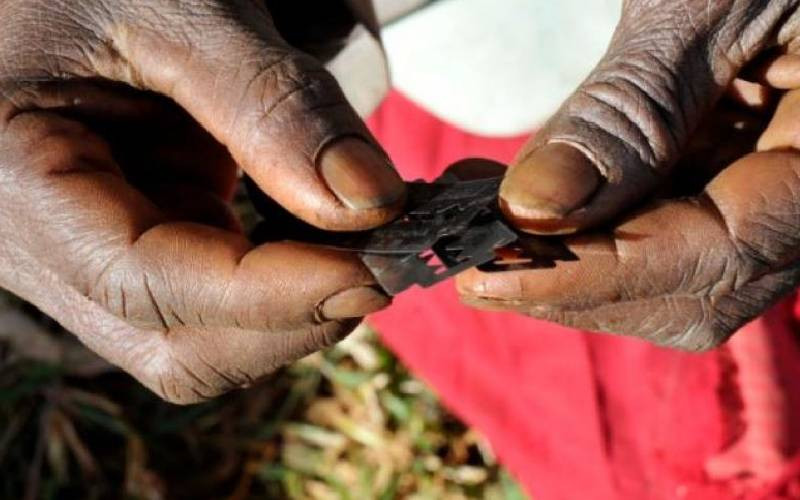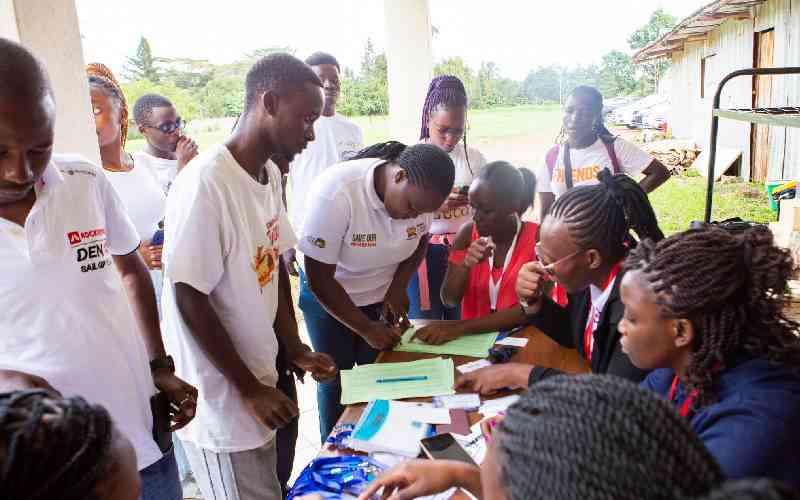The International Day of Zero Tolerance for Female Genital Mutilation was marked yesterday amid reports that cases of this retrogressive practice are on the rise. The United Nations Children’s Fund estimates that 200 million procedures were carried out worldwide last year, which is 70 million more than it had estimated.
The children’s charity says Egypt, Ethiopia and Indonesia account for half the FGM cases worldwide, and in Kenya, there are disturbing reports that reputable institutions have been unable to stem rising cases of FGM in some regions. In one case, a church was involved in a programme to perform FGM using modified surgical procedures to limit the trauma and health risk associated with the “cut”.
The Anti-Female Genital Mutilation Act of 2010 outlaws this cultural practice and going forward, the government should consider proposals by local groups that have asked that these laws be translated into local dialects.
Activists from West Pokot County have observed that most people in areas where FGM is still practised are illiterate and unaware of campaigns to stop this form of circumcision.
In one incident in Mwino, Pokot Central Sub County recently, a mother was jailed for three years for allowing her daughter to be circumcised according to communal rites of passage.
However, it is not enough to translate laws to create awareness and behaviour change. More needs to be done to educate women and communities that support this rite of passage about the misguided beliefs associated with FGM. It must be made clear to them that it is a felony to voluntarily seek, aid or promote this perverted practice.
The government must be supported to thwart a resurgent wave of proponents of FGM, many of them women from communities where this rite of passage is rife.
The chair of the Anti-Female Genital Mutilation Board Kenya, Ms Linah Jebii Kilimo, has expressed growing concern about protests in Kajiado County to the anti-FGM law since the ban came into force in 2011. In one pro-FGM meeting in the county, more than 1,000 women protested over the ban and expressed a desire to protect it as a valuable cultural practice.
These are worrying developments which call for greater community mobilisation to buck the trend.
There are a growing number of National Government Organisations involved in anti-FGM programmes. The churches that provide safe harbour to girls fleeing their homes to escape circumcision during the FGM season must also be involved in community outreach programmes. We must mobilise more resources to protect girls from this cruel rite of passage.
 The Standard Group Plc is a
multi-media organization with investments in media platforms spanning newspaper
print operations, television, radio broadcasting, digital and online services. The
Standard Group is recognized as a leading multi-media house in Kenya with a key
influence in matters of national and international interest.
The Standard Group Plc is a
multi-media organization with investments in media platforms spanning newspaper
print operations, television, radio broadcasting, digital and online services. The
Standard Group is recognized as a leading multi-media house in Kenya with a key
influence in matters of national and international interest.
 The Standard Group Plc is a
multi-media organization with investments in media platforms spanning newspaper
print operations, television, radio broadcasting, digital and online services. The
Standard Group is recognized as a leading multi-media house in Kenya with a key
influence in matters of national and international interest.
The Standard Group Plc is a
multi-media organization with investments in media platforms spanning newspaper
print operations, television, radio broadcasting, digital and online services. The
Standard Group is recognized as a leading multi-media house in Kenya with a key
influence in matters of national and international interest.








